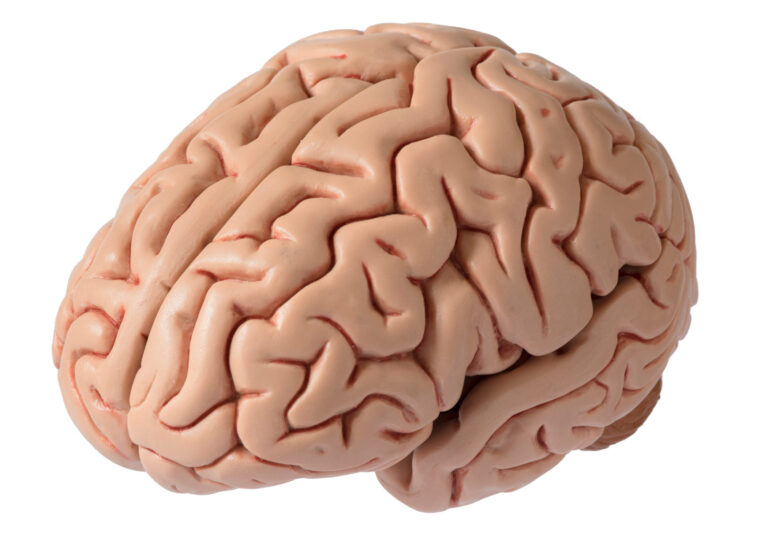As we age, it’s natural to be concerned about our cognitive abilities and the possibility of developing dementia. Dementia is a general term for a decline in mental ability that is severe enough to interfere with daily life. It is often associated with memory loss, confusion, and difficulty with language or problem-solving.
According to the World Health Organization, there are about 50 million people worldwide living with dementia, and this number is expected to triple by 2050. While there is no cure for dementia, there are ways to reduce the risk of developing it. One important factor that has been found to play a significant role in lowering the risk of dementia is mental stimulation.
What is Mental Stimulation?
Mental stimulation refers to any activity that engages and challenges your brain, improving your cognitive abilities. These activities can range from simple tasks like crossword puzzles and reading to more complex ones like learning a new language or playing an instrument.
The Role of Mental Stimulation in Reducing Dementia Risk
Several studies have shown a strong link between mental stimulation and a reduced risk of developing dementia. Here are some ways in which mental stimulation can help prevent or delay the onset of dementia:
1. Strengthens Brain Connections
Our brains are made up of millions of cells called neurons that communicate with each other through connections called synapses. As we engage in mentally stimulating activities, these connections are strengthened, making our brains more resilient and better able to withstand the damage caused by dementia.
2. Increases Cognitive Reserve
Cognitive reserve refers to the brain’s ability to adapt and change in response to challenges. People with high cognitive reserve have been found to be less likely to develop dementia, even if there is significant brain damage. Mental stimulation helps build cognitive reserve by challenging the brain and keeping it active.
3. Improves Memory
One of the most common symptoms of dementia is memory loss. Engaging in mentally stimulating activities has been found to improve memory function, making it easier to recall information and form new memories. This can help delay the onset of dementia or slow down its progression.
4. Reduces Stress and Anxiety
Chronic stress and anxiety have been linked to an increased risk of dementia. Engaging in mentally stimulating activities has been found to reduce stress and anxiety, improving overall brain health.
5. Promotes Social Interaction
Many mentally stimulating activities, such as group discussions, book clubs, and language classes, involve social interaction. Social interaction has been found to have a positive impact on brain health and can also help reduce the risk of dementia.
How to Incorporate Mental Stimulation into Your Daily Routine
Now that we understand the importance of mental stimulation in reducing dementia risk, here are some simple ways to incorporate it into our daily routine:
1. Read
Reading is an excellent way to challenge your brain. Whether it’s a book, magazine, or newspaper, reading can improve vocabulary, comprehension, and critical thinking skills.
2. Learn Something New
Learning a new skill or hobby, like painting, cooking, or playing an instrument, not only provides mental stimulation but can also be a fun and enjoyable activity.
3. Play Brain Games
There are many brain-training apps and games available that can help improve memory, problem-solving, and other cognitive skills.
4. Socialize
Make an effort to connect with friends and family regularly. This can be through phone calls, video chats, or in-person interactions. Engaging in meaningful conversations and activities with others can provide mental stimulation and promote brain health.
5. Stay physically active
Physical exercise has been found to have a positive impact on brain health and can also help reduce the risk of dementia. Regular physical activity can improve blood flow to the brain and promote the growth of new brain cells.
In conclusion, mental stimulation plays a crucial role in reducing the risk of dementia by strengthening brain connections, increasing cognitive reserve, improving memory, reducing stress and anxiety, and promoting social interaction. By incorporating mentally stimulating activities into our daily routines, we can keep our brains active, healthy, and resilient against dementia. So, pick up a book, learn a new language, or try out a brain game – your brain will thank you for it.




